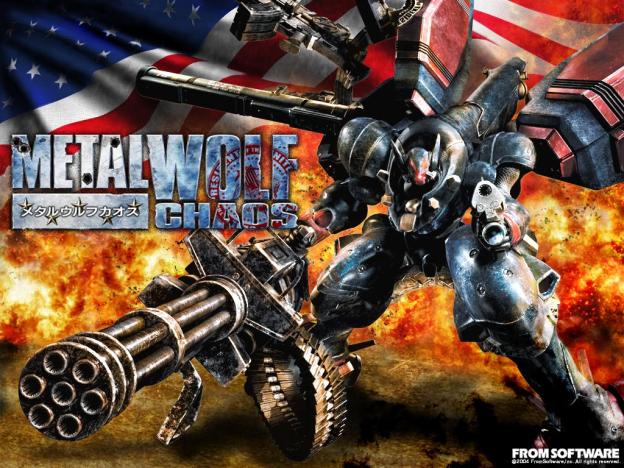
The PlayStation 4 and Xbox One come out later this year and it’s all very exciting, but it’s hard for a console war veteran to get too fired up about these next-generation machines. Back in the day, there was a very good reason for schoolyard debate over the merits of the Super Nintendo over the Sega Genesis, or the PlayStation over the Nintendo 64. These machines were highly specialized computers, radically different from one another, built only to play video games. In their race to suit the needs of a global audience and resource-strapped developers, console makers Sony and Microsoft have made super powerful PCs with custom operating systems, differentiated primarily by the features. Consoles with unique mechanical identities are a thing of the past. So it goes.
Hopefully, the grand tradition of import gaming will stay alive. A big part of what made playing console game imports worthwhile over the years is discovering games that are cultural touchstones for many, but that most American gamers have never even heard of. We may have grown up playing Mike Tyson’s Punch-Out!! on the NES, but German boys and girls were raised on Dizzy for Commodore 64. Even if technology no longer defines consoles, the cultures playing on those machines will continue to birth and gravitate toward a wide array of games.
And that’s why there’s Jetsetter, Digital Trends’ weekly look at the world of import gaming and international game development. Here’s what’s happening out in the world at large.
Xbox One will not play imports, but that doesn’t mean you won’t get to play them
Xbox consoles have always been distinctly American machines. Microsoft has made attempts to unseat Sony across Europe and Asia, but it’s never been the market driver in those territories. It took nearly five years for the Xbox 360 to even sell 100,000 consoles in Japan. Still, there have always been some fascinating Xbox games that never made it to the US. Take Metal Wolf Chaos for the original Xbox. Made by the minds behind Dark Souls, in Metal Wolf Chaos you play as the President of the United States piloting a badass mech to fight off a military coup. Amazing, and completely inaccessible in the US.
Imports will be similarly hard to play on Xbox One. As a Microsoft rep confirmed for us here at Digital Trends, the Xbox One will be region locked, as “games must meet country-specific regulatory guidelines before they are cleared for sale.” Not all hope is lost, though. While the Xbox and Xbox 360 were also region locked, some Asian releases could be played on any console regardless of region. The totally sweet, Asia-only Virtual On Force by Sega could be played on an American 360 no problem.

NES classics go musical
A perfect example of how some games are only classics in certain countries is Ninja Jajamaru-kun for ye olde Nintendo. Released on the Famicom in 1985 by the now defunct Jaleco, Ninja Jajamaru-kun was a ubiquitous experience on the old Nintendo console. Everyone (that could) played it. It never got any play outside of Japan, though it did show up on the US Wii Virtual Console back in ’07. Its cultural obscurity here probably makes the existence of a new Japanese musical based on the series seem even stranger. Yes, Japan’s own Retrogame Theater – it is exactly what it sounds like – is putting on a Ninja Jajamaru-kun musical.
Actually, that’s probably pretty strange even for Japan. Thanks to Tiny Cartridge for letting us know that something as wholly strange as this exists. Meanwhile, if you want to get a taste of what Ninja Jajamaru-kun was like but don’t want to play it because it sucks, track down a copy of Retro Game Challenge for Nintendo DS. Its Ninja Haggleman game is a parody of Jajamaru-kun, but it happens to be awesome.
 Canada’s gaming industry generates $2.3 billion
Canada’s gaming industry generates $2.3 billion
Our neighbors to the north have showered the world with some of the best games over the last decade. Just think about the recent stars of the past few yearsfrom Canadian game studios. Assassin’s Creed, Deus Ex: Human Revolution, Mass Effect 2; all Canadian. ESA Canada (via GamesIndustry International) released some promising data about the Canadian game development industry this week.
First, there are 27,000 part- and full-time employees making games, up 5-percent from the previous year, despite a large number of layoffs and studio closures like EA’s shutting down Visceral Montreal. Game development brought $2.3 billion into the Canadian economy total. Pretty awesome. What’s the future of Canadian gaming? Mobile games. While nearly 50-percent of devs are working on console or browser games respectively, a whopping 84 percent are making a mobile game. So whip out your iPhone and sing “Oh Canada.”



